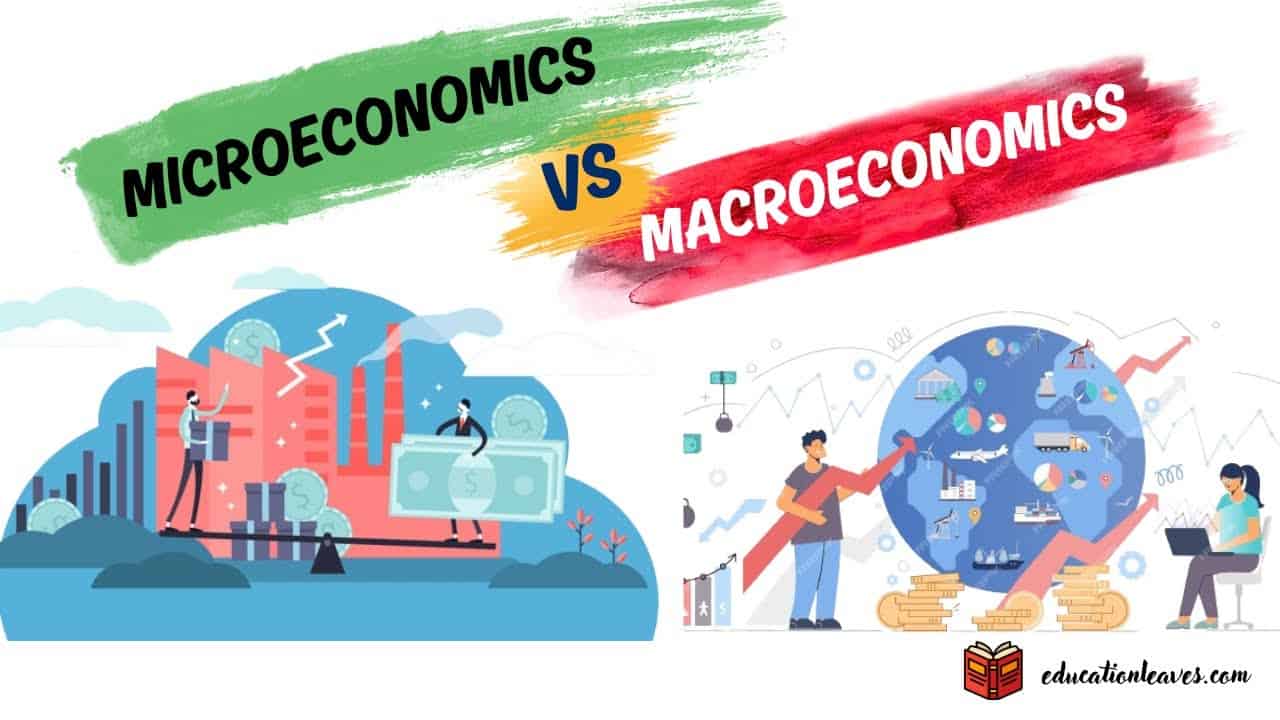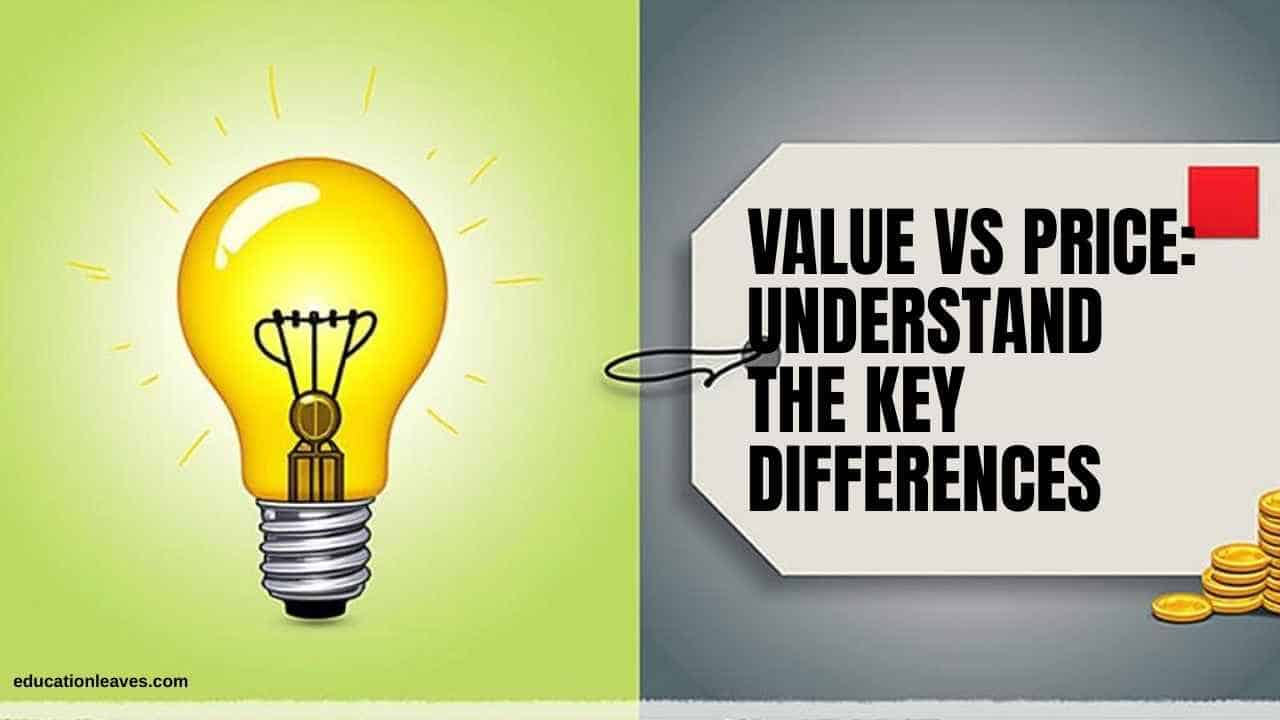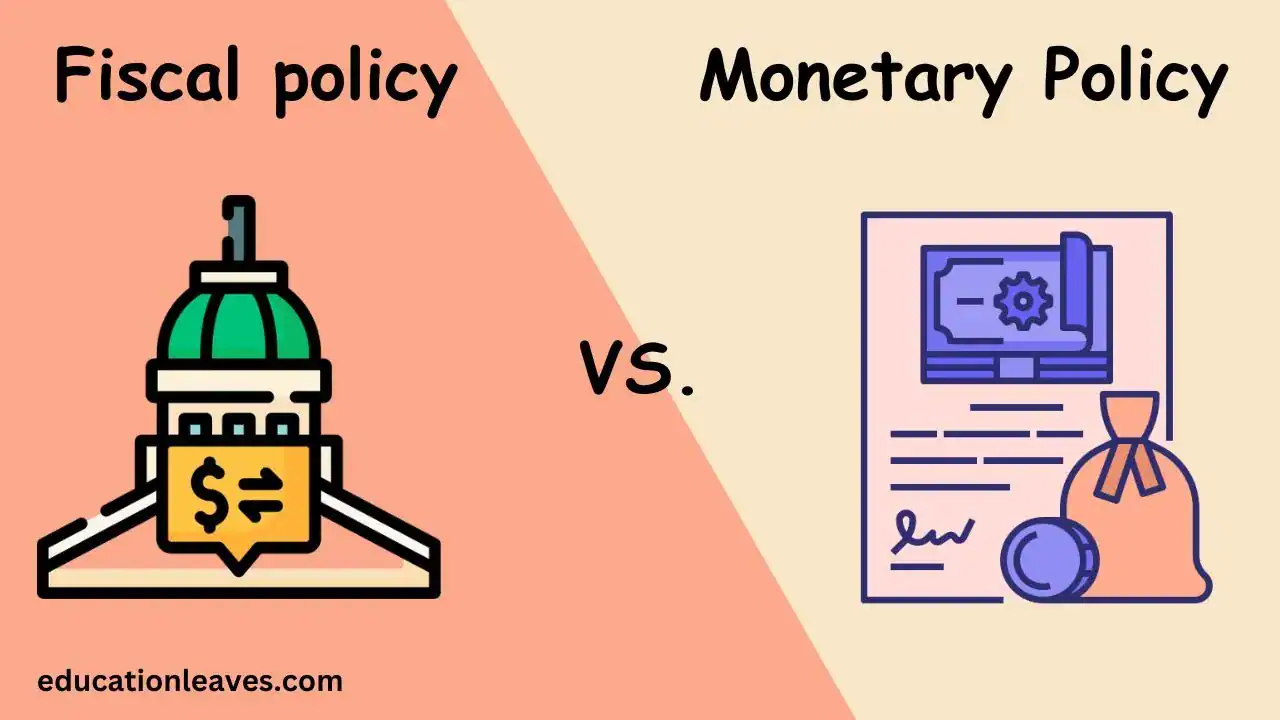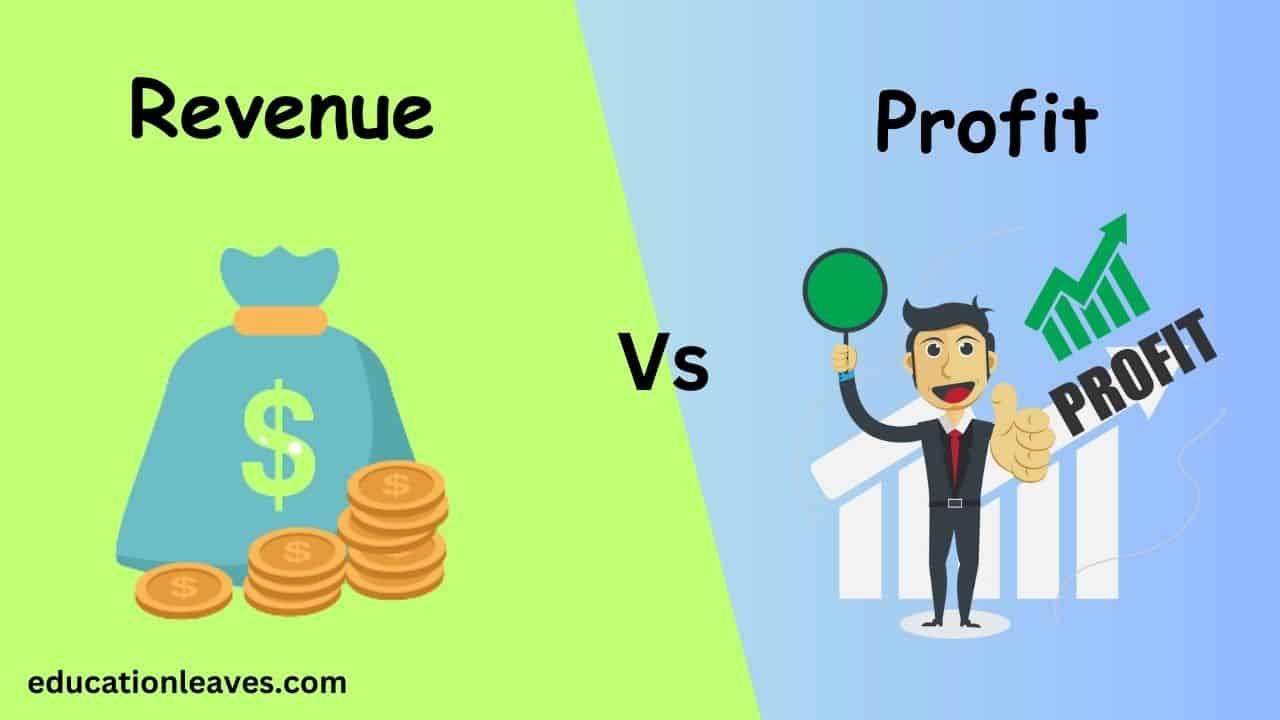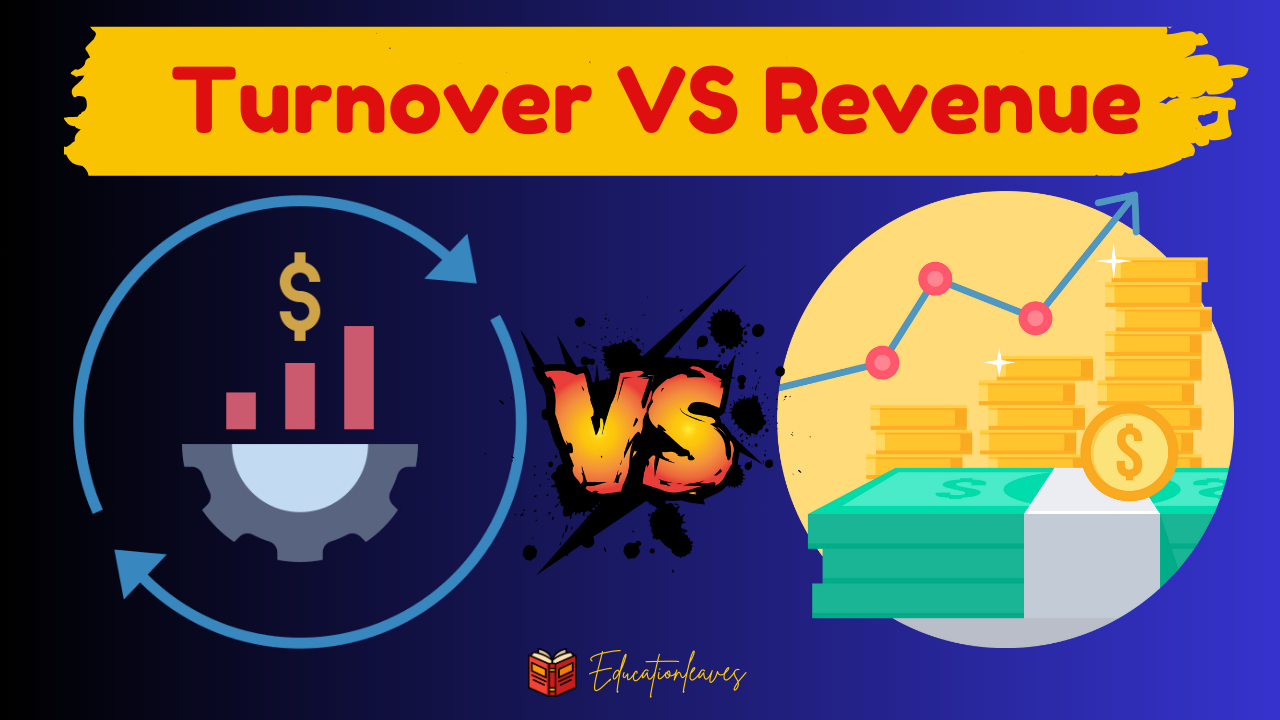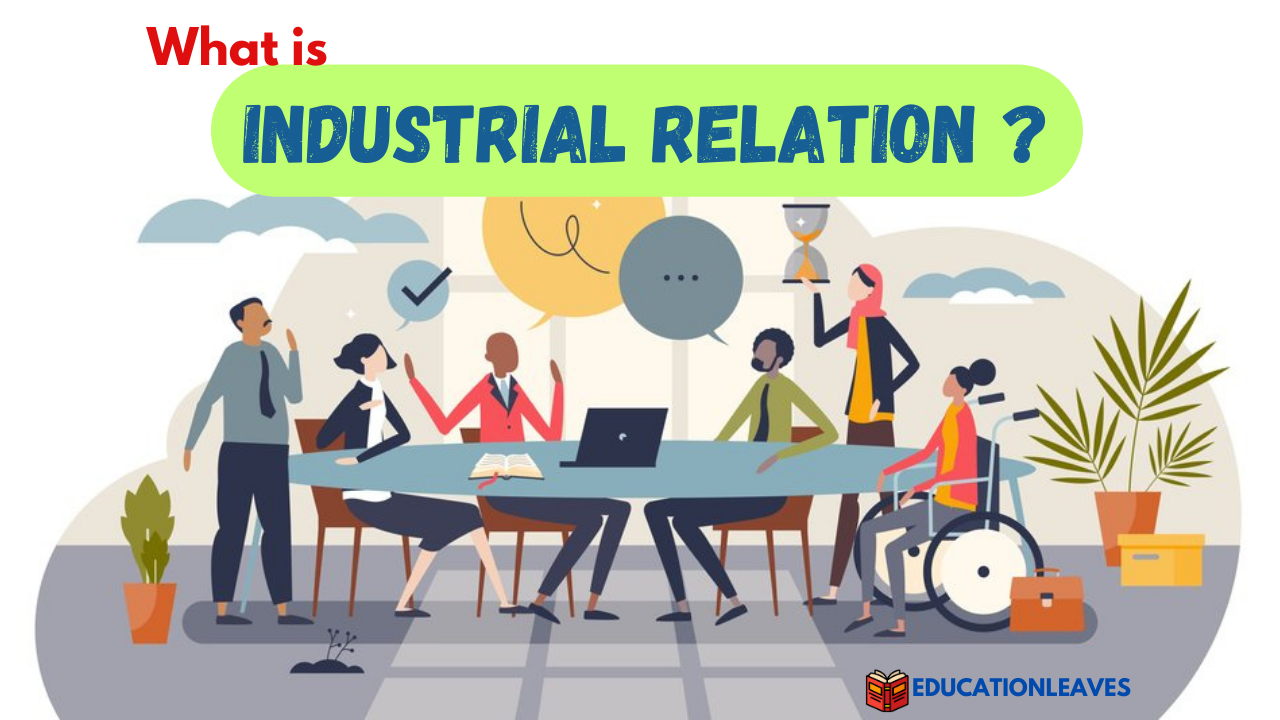The Decoy Effect: How Businesses Manipulate Your Choices (And How to Outsmart Them)
The decoy effect, also known as the asymmetric dominance effect, occurs when introducing a third, strategically inferior option changes our preference between two original choices. This “decoy” is designed to be completely dominated by one option (the target) while only partially dominated by the other (the competitor). The result? We gravitate toward the target, feeling smart about our “obvious” choice.



